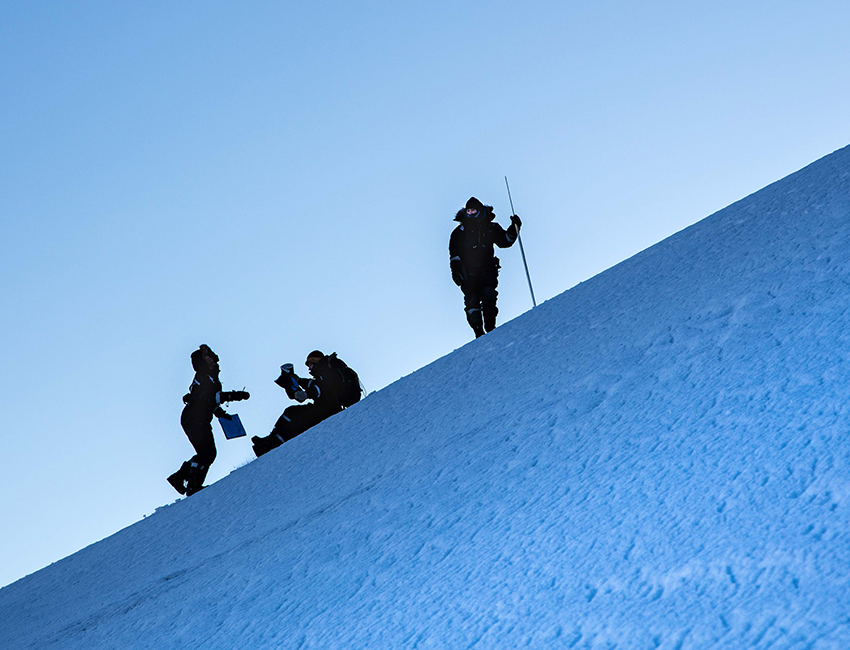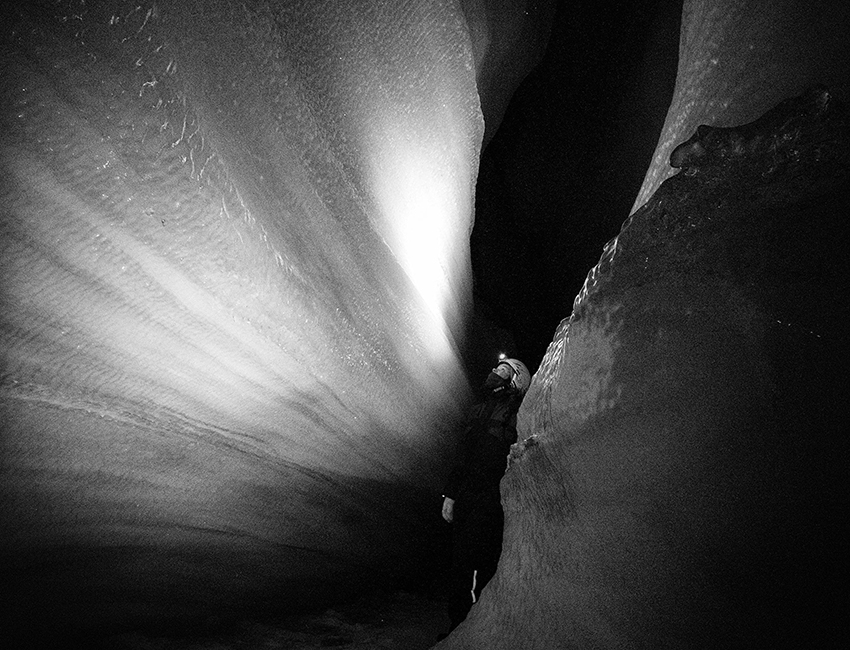AB-840 Climate Change Biology (10 ECTS)
ID:
AB-840
CREDITS:
10 ECTS
APPLICATION DEADLINE:
April 15, 2024
START DATE:
November 04, 2024
END DATE:
December 04, 2024
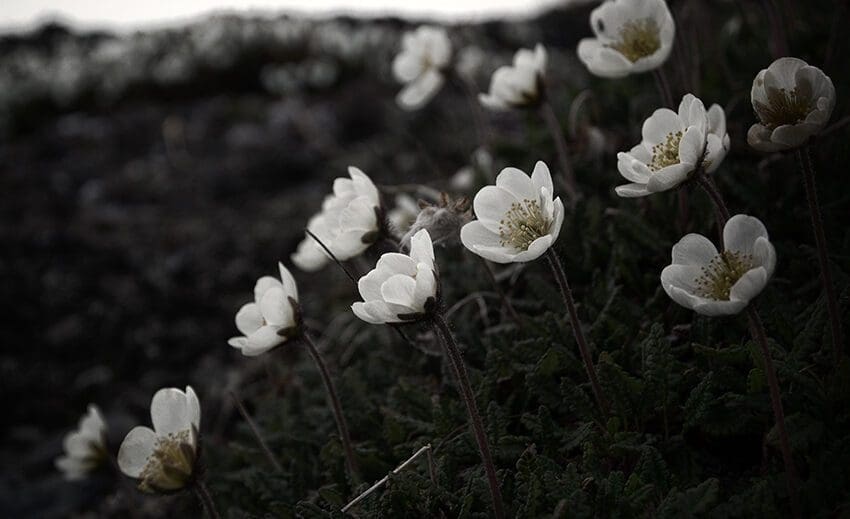
Mountain avens (Dryas octopetala) flowering in north Svalbard. Timing of flowering is influenced by climate warming in the Arctic. Photo: Mads Forchhammer
| Grade: | Letter grade (A through F) |
| Course Cost: | None |
| Course Capacity Min/Max: | 10/20 students (AB-340 / 840 in total) |
| Language of instruction: | English |
| Examination support material: | All course material |
Course requirements
Enrolment in a PhD programme within bio-, geo- or geophysical sciences. Also, common cross-disciplinary knowledge of climate change and its effect in the Arctic are expected.
Academic content
This course deals with the biological consequences of climate change in the Arctic. The course gives a unique cross-disciplinary understanding, where the geo- and geophysical causes of climate changes are integrated to provide context for a holistic understanding of climate change in the Arctic.
The course embraces the following key topics:
- Physical processes of climate change in the Arctic
- Coupling observations and models using statistical modelling of the causes and effects of climate change in the Arctic
- Terrestrial and marine responses (species, communities and ecosystems)
- Species, population and system resilience
- Biological timing (seasonality and phenology)
- Conservation in a warming Arctic
Learning outcomes
This course will provide the student with knowledge and comprehension of Arctic climate change. Through a diverse range of learning activities, the student will learn to analyse, synthesise, and evaluate effects of climate change in the Arctic using research-based knowledge across natural sciences.
Specifically, PhD students will be assigned as assistant teachers to organise, present and educate MSc students in the realm of climate change biology.
Upon completing the course, the students will be able to:
Knowledge
- define, discuss and contrast drivers of climate change in the Arctic
- list, classify, compare and evaluate how climate change impacts the Arctic biosphere
- use and contrast observations and models across natural science disciplines to evaluate the causes and effects of climate change in the Arctic
- introduce and educate aspects of climate change biology in the Arctic.
Skills
- combine knowledge across the naturals sciences to explain climate change and what biological consequences these have for the Arctic
- apply statistical analyses to climatic and biotic data
- design a project integrating climate drivers and biological responses in the Arctic
- organise and educate students within climate change biology.
General competences
- understand the inherent complexity of the causes and effects of climate change
- discuss, contrast and evaluate research literature in cross-disciplinary fora
- present and report scientific data across natural sciences, in writing as well as orally
- understand and be able use and discuss cross-disciplinary data in natural sciences
- organise and coordinate seminars
- prepare and hold scientific presentation during field excursions.
Learning activities
The course extends over ca 5 weeks including compulsory safety training and is run in combination with AB-340.
Lectures, seminars, group assignments, student presentations, report writing and field excursions. Lectures and field excursions will provide the students with the basic, hands-on knowledge and comprehension of Arctic climate change, whereas seminars with group assignments and student presentations are designed to activate students through the application, analysis and synthesis of research papers across biology and natural sciences.
PhD students will be assigned to evolve, organize and carry out the field work and analyses of master students. The final evaluation will be an independent written report of a chosen subject within Arctic climate change.
Summary
- Total lecture hours: Ca. 36 hours.
- Total exercise and seminar hours: Ca. 45 hours.
- Fieldwork: Ca. 4 days.
- Seminar presentation: on a topic of the students choosing: Ca. 15 hours.
Compulsory learning activities
All compulsory learning activities must be approved in order to be registered for the final assessment.
- Seminars and exercises
- Group assignments
- Student presentations
- Report writing
- Field excursions
Assessment
| Method |
Percentage of final grade
|
| Special PhD seminar | 20% |
| Written exam | 80% |
Student life

Photo: Børge Damsgård/UNIS
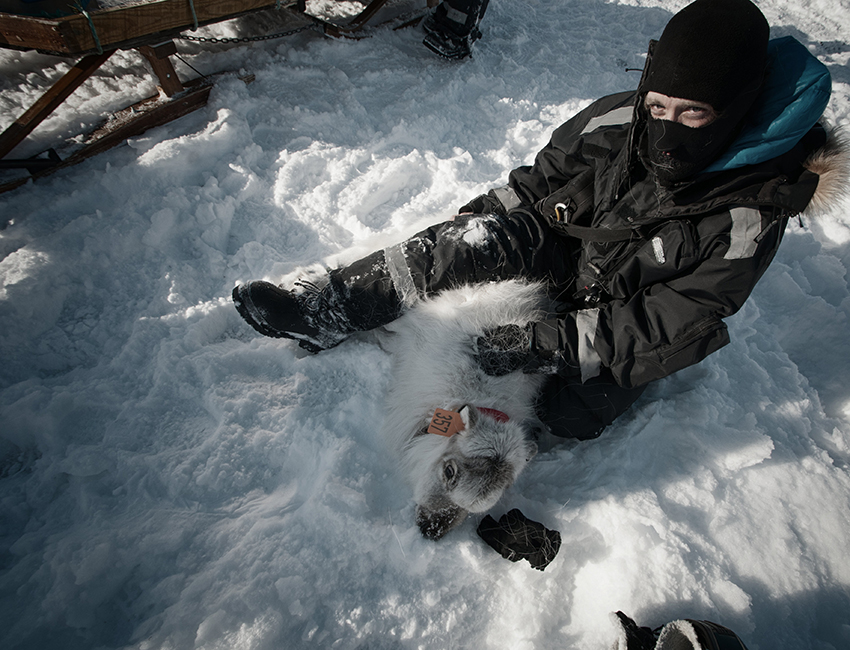
Photo: Mads Forchhammer/UNIS
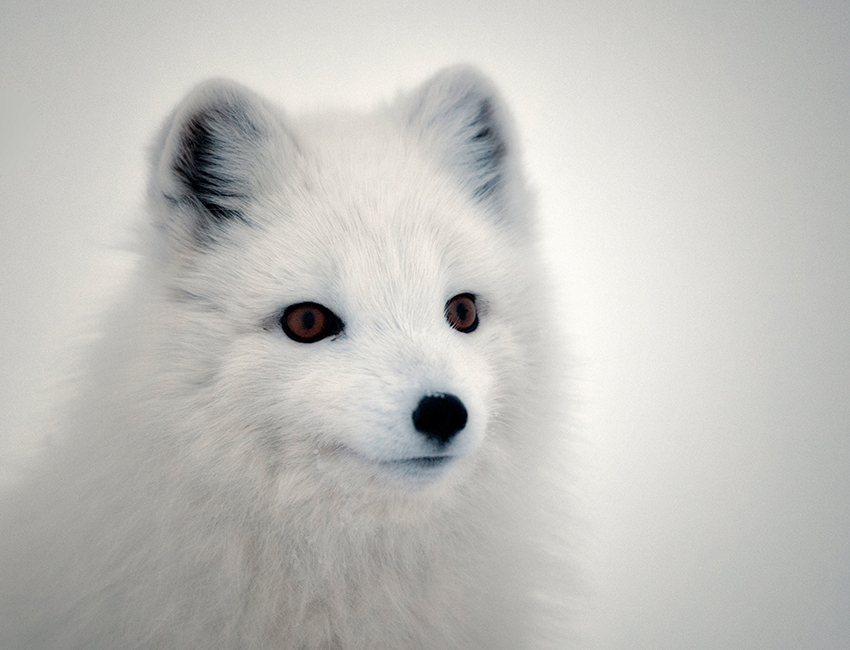
Photo: Mads Forchhammer/UNIS

